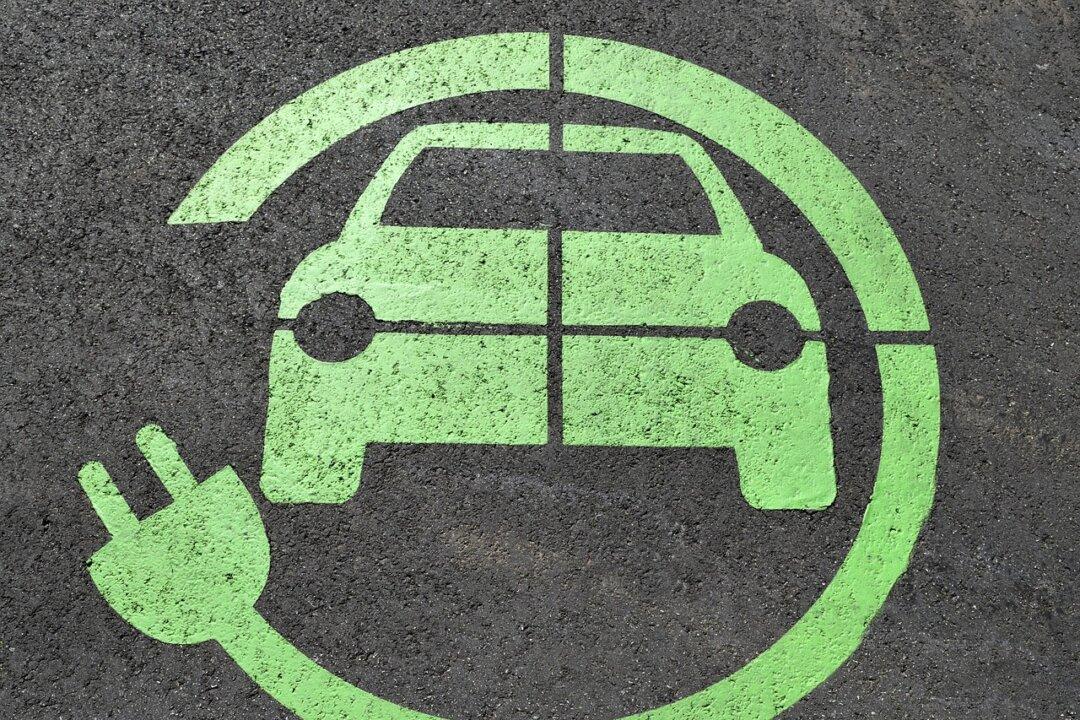Gov. Wes Moore has announced Maryland’s plan to phase out gas-powered car sales by 2035 in its effort to curb climate change, but the GOP says this plan is too radical and impractical.
“Today, we’re talking about a major transformation that is going to define this administration—and that’s how we turn Maryland from a state powered by oil and gas to a state powered by clean energy,” said Moore during a Monday press conference.





